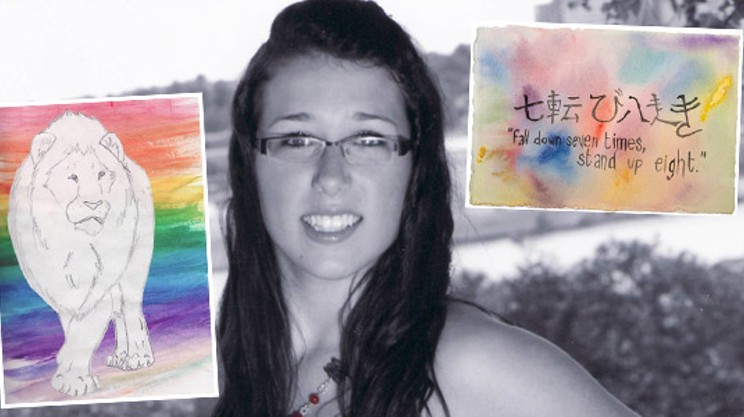
It was the first legislation of its kind in Canada, and now it no longer exists. Today the Supreme Court of Nova Scotia struck down the anti-cyberbullying law created by the province in 2013 after the death of Rehtaeh Parsons.
The decision by justice Glen MacDougall ruled that the Act infringed upon Canada’s charter rights and declared it must be struck down in its entirety. According to CBC, MacDougall found the legislation unnecessarily included material with little or nothing to do with preventing cyberbullying.
“In this regard, the Cyber-Safety Act, and the definition of cyberbullying in particular, is a colossal failure.”
Privacy lawyer David Fraser, who was challenging the law on behalf of a client who posted about a former business partner on social media, has repeatedly said the Act violates Canada’s freedom of expression.
“The definition was so broad that it would include anything said or done online that could hurt somebody's feelings,” Fraser says, noting many of the tweets sent out during this fall’s federal election would qualify under the Act as cyberbullying.
Justice MacDougall ruled that the law must be eliminated immediately, rather than offering a customary one-year grace period for the government to rewrite the legislation.
"The court found the legislation was so fundamentally defective that that wasn't an option,” says Fraser.
The Cyber-Safety Act was introduced two years ago in 2013 by Nova Scotia’s NDP government. Since then everyone from an NDP MLA who had nude photos from her acting career tweeted by high school students, to the owner of the region’s largest tabloid magazine have complained they were being cyberbullied.
“It was jammed through the Legislature and it was kind of thrown together in the immediate aftermath of this tragic death of Rehtaeh Parsons,” Fraser says. “You'll recall, the government was under a huge amount of pressure. The outpour of emotion was off the charts, and not unreasonably so.”
Parsons, a teenager from Cole Harbour, was the victim of an alleged sexual assault in 2011 (police never laid charges). Photos of the event were passed around her school and she faced years of harassment before attempting suicide in 2013 and subsequently being taken off life-support.
Parson’s father, Glen Canning, has become an advocate for cyberbullying laws. He posted a short blog post earlier today upon hearing news of the law’s dismissal. “Is this going to be good, or will it be just another kick to add to the hurt and disappointment?”
According to an article from The Canadian Press back in May, only two of the 559 cyberbullying complaints filed with Nova Scotia’s CyberScan unit had gone to court. The rest were resolved through informal negotiations, which investigators claimed was proof of the Act’s success. Reporter Leah Collins Lipsett writes that fewer than 10 protection orders for victims of cyberbullying had been issued since the law’s creation in 2013.
Wayne MacKay, the Dalhousie University human rights professor who chaired the province’s cyberbullying task force, told Lipsett the anti-cyberbullying legislation was doing its job.
“I think the act is a necessary and positive addition to giving victims some remedies they didn’t have before.”
Fraser doesn’t agree, calling the legislation a “spectacular failure” and “political window dressing.” If the province wanted to actually help victims of cyberbullying, he says, it could have enforced the laws already on the books.
"When you look at the cases of Rehtaeh Parsons and Amanda Todd, in both of those cases, there were laws in place,” Fraser says. "There are laws related to sexual assault. There are laws related to child pornography.
“What failed Rehtaeh Parsons and Amanda Todd wasn’t the absence of a law; it was the absence of a will to use the laws that were in place at the time.”
The Crown hasn’t said whether it will appeal Justice MacDougall’s decision. Fraser hopes Nova Scotia takes this opportunity to put together new legislation that properly serves the needs of victims.
“Certainly they have an example of how not to do it.”


















